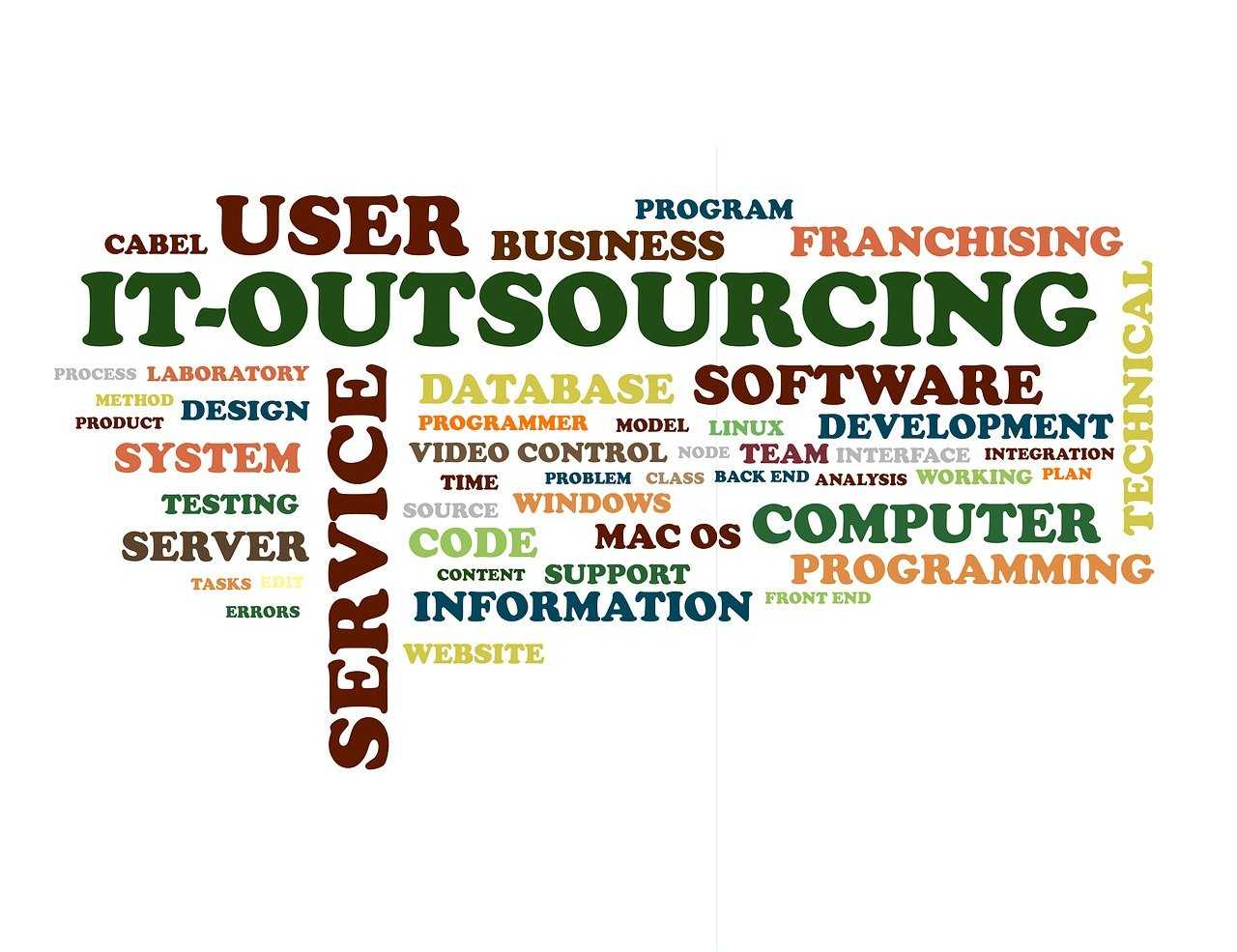
Outsourcing
A company willing to achieve sustainable growth and maintain a competitive edge, must be aware of the importance of the optimisation of procurement processes. Strategic sourcing, being a systematic and structured approach to procurement, plays a crucial role in enhancing efficiency, reducing costs, and mitigating risks. What are the key steps businesses can take to optimise their procurement processes, and how may a company take advantage of procurement training?
#1 Define clear objectives
It’s best to start with defining clear and measurable objectives. The process involves understanding the organisation’s overall strategy, identifying specific procurement goals, and aligning them with broader business strategy. To ensure the alignment with the company objectives, it’s necessary to reduce costs, and consider sustainability, risk mitigation, and innovation. With the analysis of all of the measures, every procurement decision will contribute to the company’s success.
#2 Market analysis and supplier evaluation
The next step should be market analysis and evaluation of suppliers. Without those two important things, it’s difficult to achieve effective procurement. It’s necessary to assess supplier capabilities, financial stability, and reputation, and together with the understanding of market trends, potential risks, and opportunities, businesses can build strong partnerships that contribute to long-term success.
#3 Develop procurement strategy
The success yet cannot be expected without a well-defined procurement strategy. A company should determine the appropriate procurement methods, negotiation strategies, and risk management plans. The influence the process has on a company is significant, with the increase of their purchasing power, opportunities to negotiate favourable terms, and establish efficient supply chain relationships.
#4 Implement technology solutions
Another important step is the integration of technology in procurement processes. Businesses may find procurement software, automation tools, and data analytics useful for the workflow, and enhanced accuracy, and valuable insights. It also greatly reduces the amount of human errors through automatisation of routine tasks, and capabilities of making data-driven decisions.
#5 Invest in procurement training
To achieve optimisation of procurement processes, the personnel needs to be equipped with the necessary skills and knowledge, ensured by procurement training. It’s advisable to find a company that has expertise in the field, to gain valuable knowledge that can be used in the journey to success.
Skills Dynamics will help you achieve your goals and train procurement professionals for you, with the awareness of industry best practices, regulatory changes, and emerging trends. Their courses cover every position in your company, providing training for category management, buying and merchandising, contract and supplier management, digital procurement, finance and cost management, negotiation, legal and regulatory, operational procurement, project management, sourcing, and procurement strategy.
#6 Continuous improvement and performance measurement
The optimisation is an ongoing process, which means businesses must control the performance continually. One of the courses focuses on performance measurement and continuous improvement methodologies, helping the procurement professionals identify areas for enhancement, implement changes, and adapt evolving market conditions.






